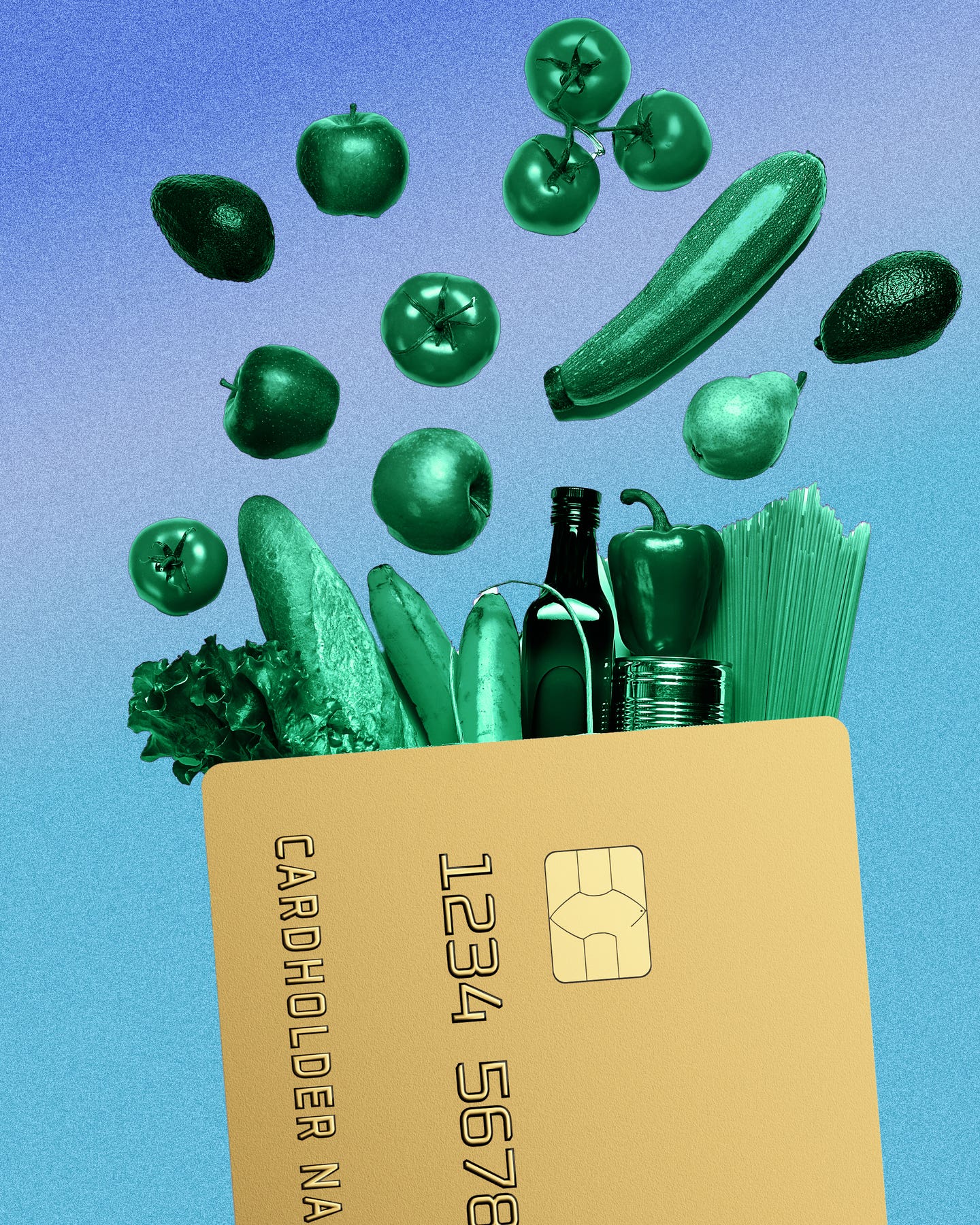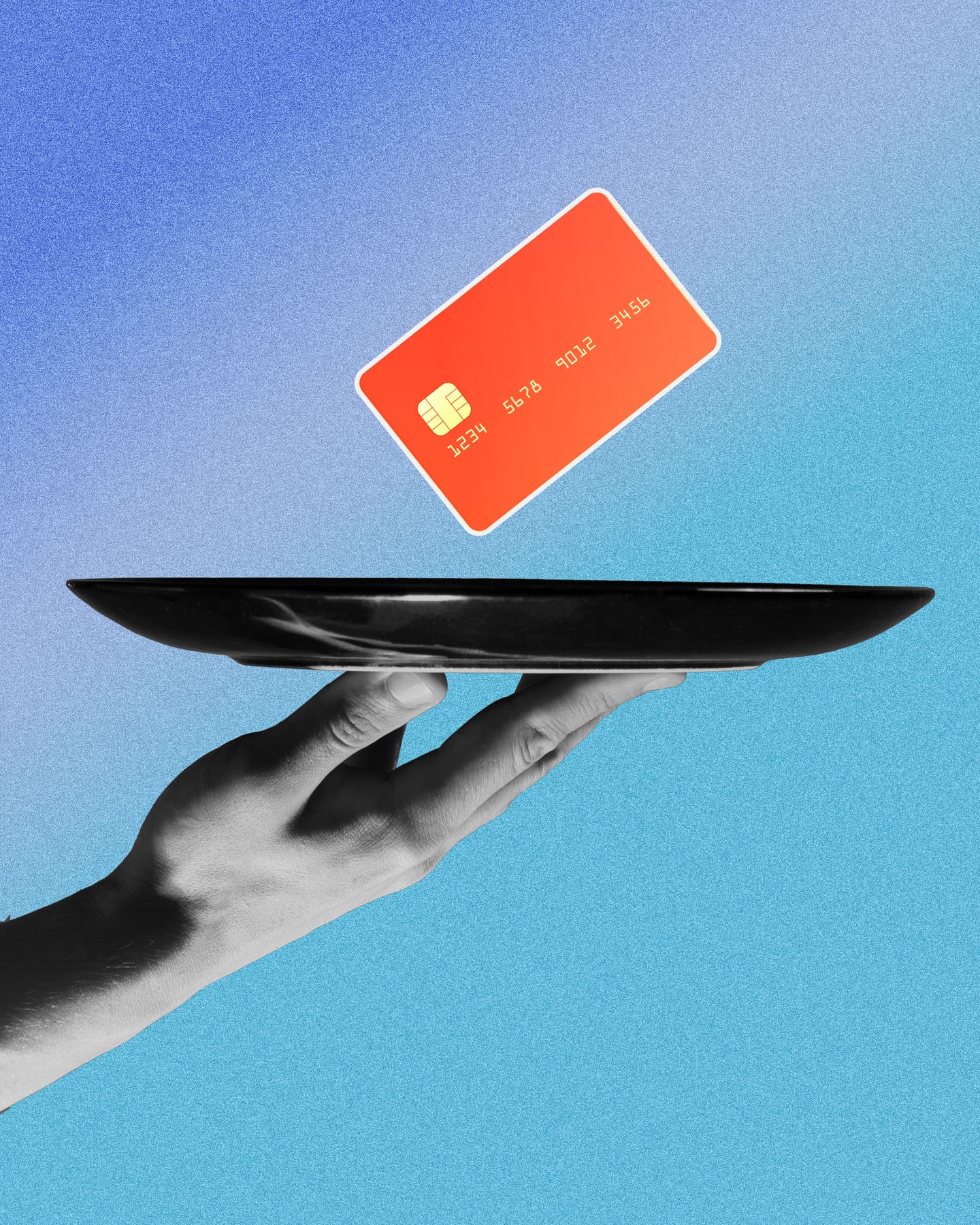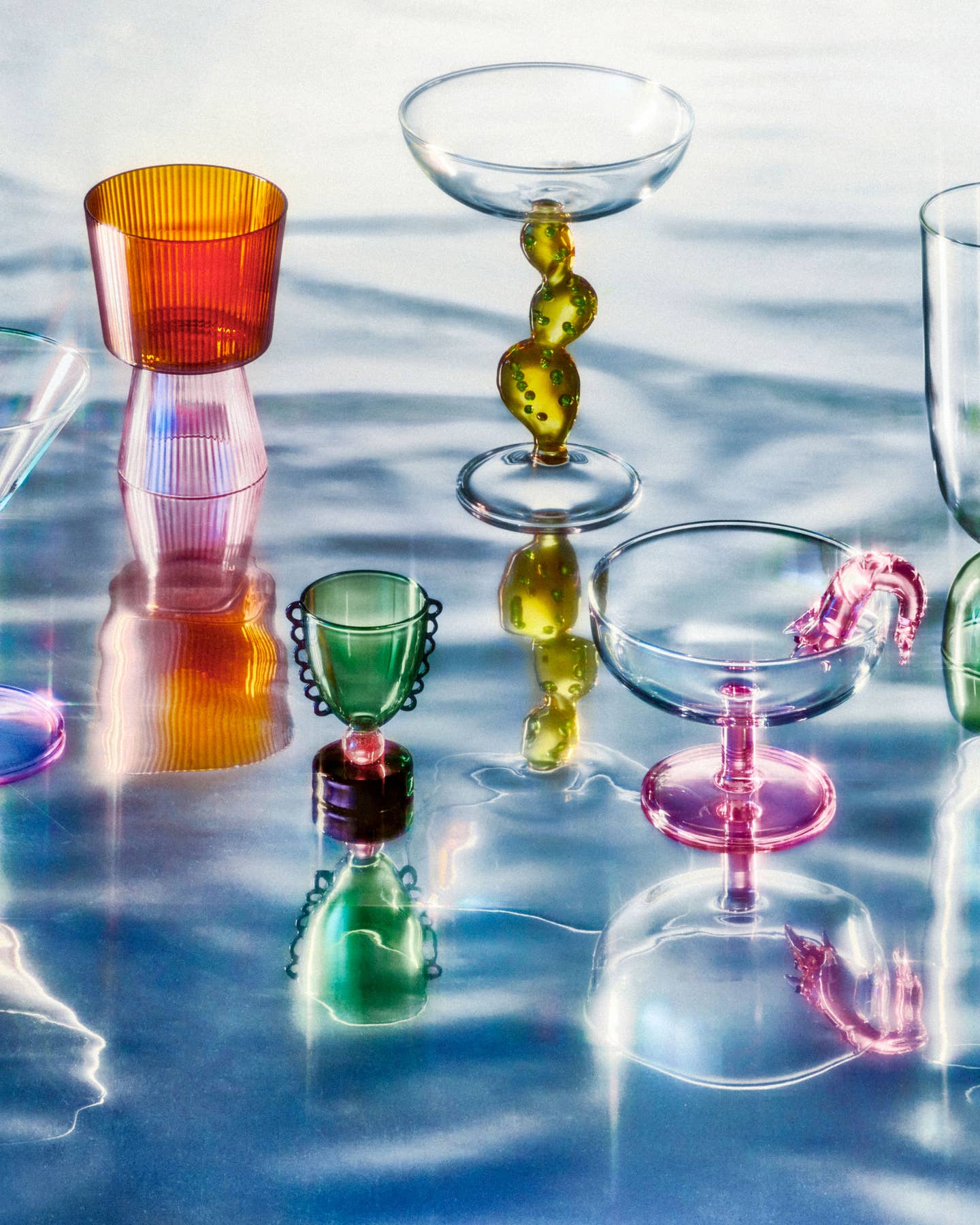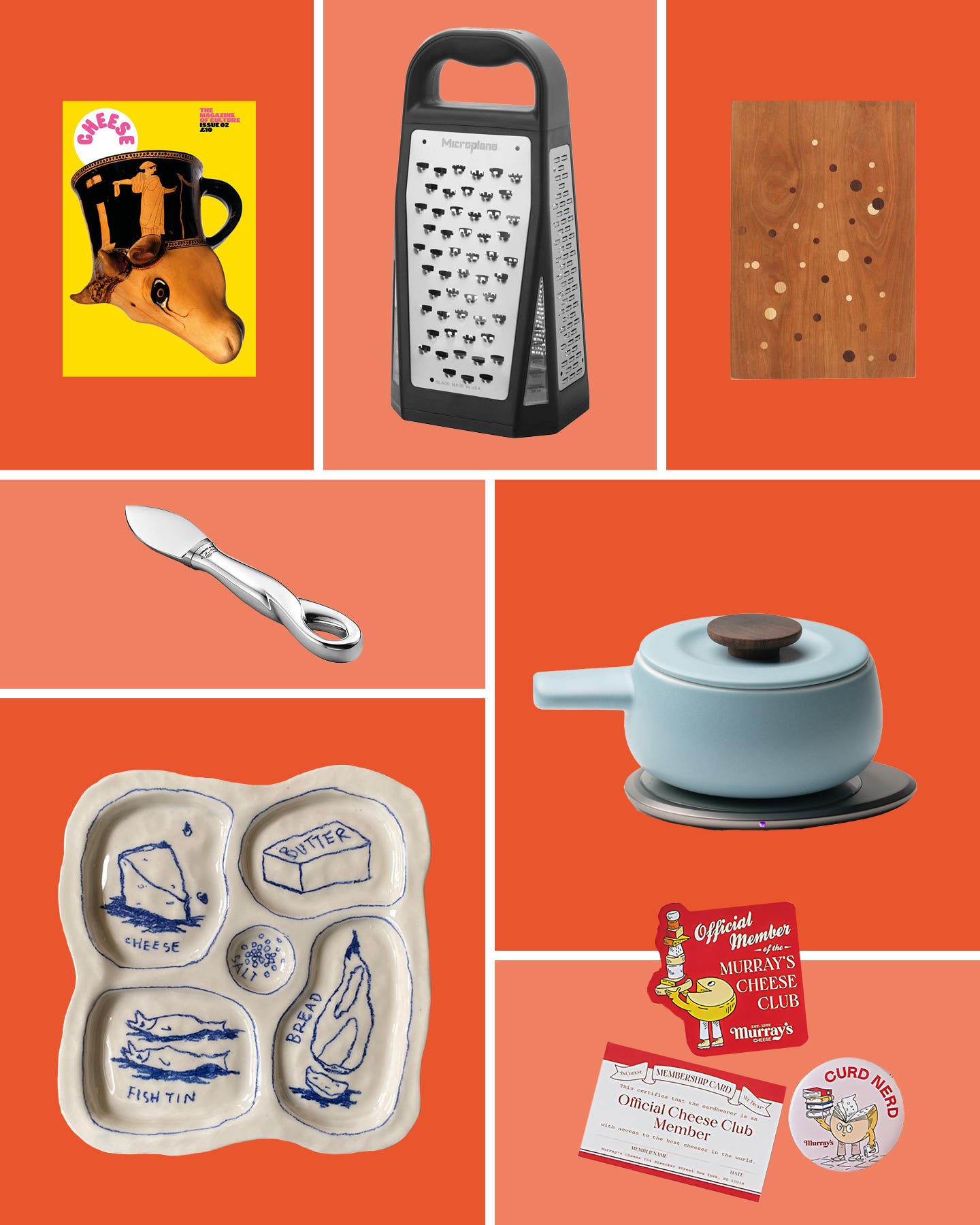Chefs and Restaurateurs Sound Off on the Best Juicers to Try in 2022
Because the juice is always worth the squeeze.

As summer beverages go, there’s nothing quite like a glass of fresh-squeezed juice. During a time when many of us have grown accustomed to meal-prepping at home, gone are the days of running out to buy a $12 blend. After all, why bother with a gratuitous (and expensive) errand when there are so many quick, affordable, and easy-to-clean juicers that allow you to make your very own batch from scratch, with plenty left over? We reached out to Jill Donenfeld, co-founder of private-chef service The Culinistas, and Lisle Richards, co-owner of NYC fast-casual cafe Village Den, to get their expert recommendations for the best juicers to buy now, and did some research of our own, too.
- Best Overall: Breville The Juice Fountain Cold Plus
- Best Value: Tribest Shine Kitchen Co. Cold Press Vertical Slow Juicer
- Best for Easy Cleanup: Hurom H101 Masticating Slow Juicer
- Best Efficiency: NutriBullet 800W Juicer
- Best Splurge: Omega VSJ843QS Vertical Juicer
Our Top Picks
Best Overall: Breville The Juice Fountain Cold Plus
Weight: 13.67 pounds | Speeds: 2 | Type: Centrifugal | Power: 1000 watts
Best Overall
Pros
- 2 speed settings
- Large capacity
- Quiet for size
Cons
- Difficult to assemble
- Not all components are dishwasher-safe
Why we chose it: The speed of a centrifugal with the pulp-free promise of cold press? Sign us up.
The Breville Juice Fountain is a go-to for many die-hard juicers, as it gives you the speed of the centrifuge and the rich, pulp-free taste of a cold press—the best of both worlds. With a unique space-saving design in brushed stainless steel, an extra-wide chute for shorter prep, and a custom nozzle for easy pouring, it’s sleeker-looking than most models, as well as highly functional (the capacity is a whopping 70 fl oz, considerably more than your average juicer). Plus, since it only comes with a couple of pieces, it’s relatively painless to clean. It’s no wonder, then, that everyone from chefs to nutritionists cite it as their favorite.
Weight: 7.9 pounds | Speeds: 1 | Type: Masticating | Power: 200 watts
Best Value
Pros
- Very slim design
- Lightweight
- Additional safeguards against leaks
Cons
- Celery can be a problem
Why we chose it: A reliable juicer at a very nice price that you can pack up and take while traveling.
Equipped with a 200-watt motor, the small-but-mighty Shine Kitchen Co. Cold Press Vertical Slow Juicer from Tribest is a great choice if you’re on the hunt for a powerful cold press that’s portable enough to travel with. At $149, it’s more affordable than other heavy-duty juicers, and only consists of six pieces for manageable cleanup. Reviewers describe it as an “excellent juicer” and “the best bang for your buck you’ll find.”
Best for Easy Cleanup: Hurom H101 Easy Clean Masticating Slow Juicer
Weight: 18.2 pounds | Speeds: 1 | Type: Masticating | Power: 150 watts
Best for Easy Cleanup
Pros
- Fine or coarse straining option
- Quiet operation
- Pulp outlet opens 180 degrees
Cons
- Takes chopped fruits and vegetables better than whole
Why we chose it: Juicers are notoriously hard to clean—this one streamlines the process.
If you want delicious juice without the mess, then this Hurom H101 Easy Clean Slow Juicer is for you (yes, the product name says it all). Featuring specially-designed groove strainers that don't catch excess pulp and a special outlet that gets rid of pulp caught inside the chamber, as well as a fine and coarse straining option so you can alter the amount of fruit to your taste preferences, it’s a top-of-the-line gadget. Pricey, yes, but just imagine the time you’ll save on cleaning. The quiet motor is an added bonus.
Best Efficiency: NutriBullet 800W Juicer
Weight: 6.9 pounds | Speeds: 2 | Type: Centrifugal | Power: 800 watts
Best Efficiency
Pros
- Wide chute
- Pitcher can be sealed for storage
- Good for first-time juicers
Cons
- Can sometimes leave pulp wet
Why we chose it: A streamlined juicing process, complimented by a 27-ounce, save-it-for-later juice pitcher.
Over 500 reviewers agree that the NutriBullet 800W Juicer is one of the most efficient juicers in the game. It boasts a 3-inch-wide chute that can fit whole fruits and veggies, two speeds to combat tough exteriors, and a nifty sealed juice pitcher that can be stored for up to 48 hours, in case you’re in a hurry. There’s even a pulp basin to catch extra liquid and maximize the juice content, so you’ll be sipping multiple glasses of your supply.
Best Splurge: Omega VSJ843QS Vertical Slow Masticating Juicer
Weight: 23 pounds | Speeds: 1 | Type: Masticating | Power: 150 watts
Best Splurge
Pros
- Long warranty
- Extracts a lot of juice
Cons
- Heavy
- Expensive
Why we chose it: The pick for when you’re ready to take your juice habit to the next level.
The crème de la crème of juicers, the $400 Omega VSJ843QS Vertical Slow Masticating Juicer does it all. Mainly, it uses a patented Slow Squeezing Technology to give you the maximum amount of nutrients from a minimum amount of fruit, while simultaneously leaving less pulp (if that’s your thing). This machine will squeeze the good stuff from anything, be it leafy greens or almonds. The 15-year warranty certainly doesn’t hurt either.
How We Chose These Products
To choose the best juicers, we started by speaking to experts we trust, like a private chef and a fast-casual cafe owner. Then, we focused on including different price points, sizes, and wattage, and considered clean-up and even warranty time. Finally, we wanted a mix of centrifugal and masticating juicers, since both styles have aspects we like.
Features to Keep in Mind When Shopping for Juicers
Centrifugal vs. Masticating Juicers
Known as “fast juicers,” centrifugal juicers use high-speed centrifugal force to blend fruits and veggies, ideal for those who want immediate results. Masticating, or "slow juicers," on the other hand, use a rotating gear and screen, but extract more nutrients and a higher yield—this is especially helpful for hard-to-juice citrus fruits.
Capacity
A juicer’s capacity is all about the amount of juice it can make in one fell swoop. The Breville Juice Fountain Cold Plus, for example, is a large capacity machine that comes with a container to store 70 ounces of juice in. Our value pick, on the other hand, has a container that’s about about half that amount. Capacity also depends on a machine’s handling of pulp and extraction—you’ll get more juice from a machine that is better at extraction.
Pulp vs. No Pulp
We all have our preferences. Though many prefer no-pulp juice, pulp contains fiber, which regulates blood sugar levels. If you detest pulp regardless, then opt for a slow juicer, which produces a smoother tasting drink without the pesky bits of fruit or vegetable.
Speed & Power
While you will sometimes see a 3-speed juicer on the market, most will be 1- or 2-speeds, with wattage of our chosen juicers ranging from 150 all the way to 1000. Wattage on masticating juicers will, by nature of the style, be lower and slower; centrifugal juicers are your speed demons.
Noise Level
Juicers, like high-speed blenders, aren’t the quietest in the countertop appliance bunch. If you’re looking for an option that won’t wake everyone up in the morning, a masticating juicer might be the right choice, as they are generally quieter than their centrifugal counterparts. However, our overall pick is centrifugal and gets some extra points for being quieter than expected.
Accessories
Most juicers come with basic accessories: a pusher to help fruits and vegetables down the chute, a cleaning brush, a pulp container. But some have additional features, like a sealable pitcher to store juice in, spouts for pouring directly into a glass, and various strainers for different outputs like smoothies and ice cream.
Easy Cleaning
Because slow juicers produce less pulp, they’re also the easiest to clean. The speed of centrifugal juicers means more pulp, and unfortunately, more mess. “It’s easiest to clean a juicer after it’s been soaked in warm, soapy water for a couple of minutes,” says Richards. Some juicers, like the Nutribullet, allow you to disassemble the pieces and put them directly into the dishwasher. But before you go that route, always read the manufacturer’s instructions.
Warranty
Warranties for juicers vary, but those on our list range from 1 year to 15(!).
Ask the Experts
Q: Is a juicer better than a blender?
Well, they’re two different products! Not to be too on the nose, but it’s oranges to apples. Blenders puree, smoothie (here, a verb), ice crush, and whip, while juicers extract and liquify. Tossing a whole apple in a high-speed blender like a Vitamix will result in juice, but a much thicker variety with more pulp; the same apple will show completely different results in a juicer because of how it discards pulp. You’re using these tools for different purposes, so it’s important to have an understanding of your needs before investing.
Q: What’s the best way to clean a juicer?
While the best juicers come equipped with cleaning tools, Donenfeld advises using a toothbrush to clean your juicer with soap and warm water in a pinch. And don’t fret about stains, either. “If you’re juicing with beets and turmeric on a regular basis, the juicer will stain eventually, but it won’t affect the taste,” she says. “A friend of mine who juiced for 108 days during the pandemic views it as a badge of juicing honor.”
Donenfeld has been making juice by combining beets with tamarind-ginger water and lemon juice. “Boil sliced ginger and a tamarind pod in water, then strain, cool, and mix with juiced beets and lemon juice,” she says. For his part, Richards prefers green juice with some spice. “I use celery, apple, parsley, kale, and ginger for a little kick,” he says. “I also add cayenne to aid in digestion.”
Our Take
Choose a juicer based on your preferences for (or tolerance of) pulp, how quickly you’d like a glass to be ready, and your budget. We love the Breville for the way it uses its power without leaving behind too much pulp, but our other picks will suit just about anyone searching for a juicer.
Keep Reading
Continue to Next Story















